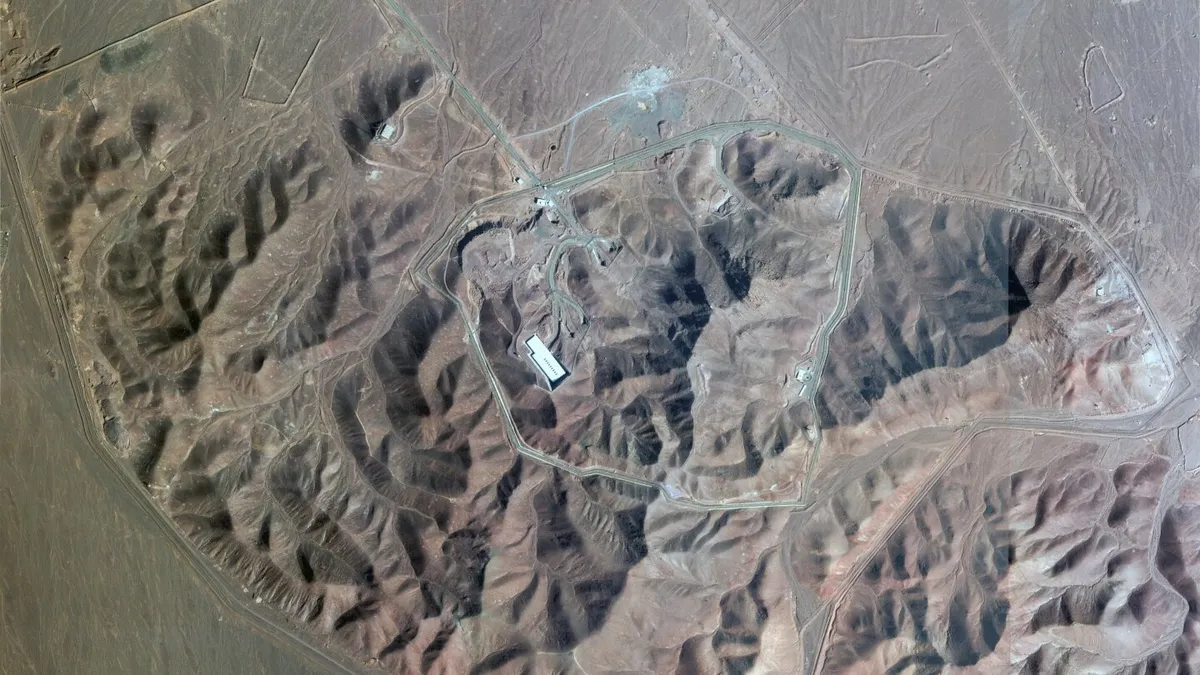
A recent intelligence assessment from the U.S. Defense Intelligence Agency (DIA) indicates that Iran’s nuclear program has only been delayed by a few months following a U.S. military strike. Contrary to claims made by President Donald Trump, the report states that Iran's nuclear capabilities were not “completely and fully obliterated.” This finding contradicts earlier assertions from both Trump and Israeli Prime Minister Benjamin Netanyahu regarding the effectiveness of the military action against Iran's nuclear facilities.
According to sources familiar with the report, which remains classified, the recent strikes on the Fordo, Natanz, and Isfahan nuclear sites inflicted significant damage but did not fully destroy them. The assessment highlighted that prior to the strikes, a portion of Iran’s highly enriched uranium was relocated from multiple facilities, allowing it to survive the attacks. Additionally, the intelligence findings reveal that Iran’s centrifuges, which are critical for uranium enrichment, remain largely intact.
Specific details from the assessment indicate that at the Fordo uranium enrichment plant, while the entrance was compromised and some infrastructure was damaged, the core underground facilities remained operational. One source noted that earlier evaluations had anticipated this outcome, suggesting that the damage at Fordo was less catastrophic than some had claimed.
The White House has strongly refuted the DIA’s conclusions, labeling the assessment as “flat-out wrong.” White House press secretary Karoline Leavitt stated that the leak of this report appears to be an attempt to undermine President Trump and discredit the military personnel involved in the operation. Leavitt emphasized that the precision of the strikes—described as dropping fourteen 30,000-pound bombs—should have resulted in total destruction of the targeted sites.
In recent public statements, Trump has maintained that the strikes rendered Iran’s nuclear facilities “totally destroyed,” asserting that the nation would never be able to rebuild its nuclear program. Netanyahu echoed this sentiment during a televised address, reaffirming his long-standing commitment to preventing Iran from acquiring nuclear weapons and praising the collaboration with the U.S. as “historic.”
Neither the CIA nor the Office of the Director of National Intelligence (ODNI) has commented on the DIA's assessment. The ODNI is responsible for coordinating the activities of the U.S. intelligence community, including the DIA, which focuses on intelligence related to foreign military operations and capabilities.
This intelligence assessment was first reported by CNN and has sparked significant debate regarding the ongoing effectiveness of military strikes against Iran's nuclear program and the broader implications for regional security.